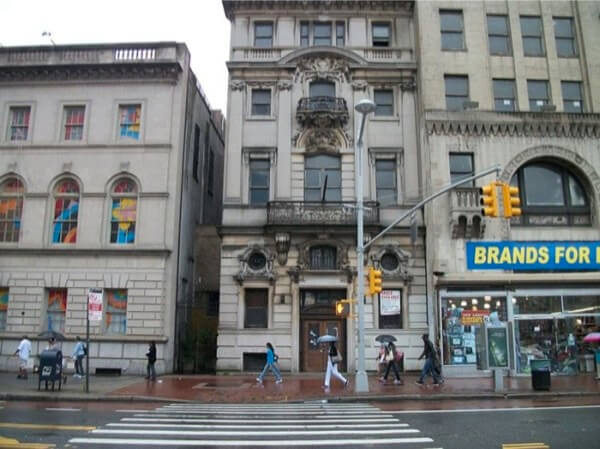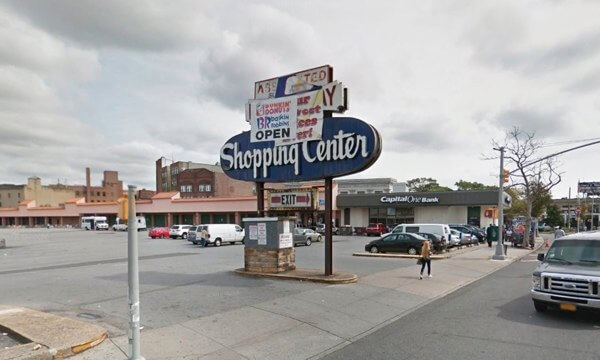By Patrick Donachie
A controversial real estate mogul with major holdings in southeast Queens died last autumn, perhaps finally releasing a death grip that for years has throttled development in neighborhoods where she owned properties.
Rita Stark, who inherited extensive real estate holdings throughout southeast Queens after her father’s death in 1988, died in October, according to DNAInfo. From her real estate office in Hollis, Stark controlled an estimated $4 million worth of property for nearly three decades — and in that time she became notorious for showing little interest in doing anything more with those properties beyond maintaining that control.
State Sen. James Sanders (D-South Ozone Park) stressed he was not trying to disparage Stark, but said her actions “epitomized” the lack of development in southeast Queens.
“If you name a community where there’s an area where Rita had her hands, you saw she would neither fish nor cut bait,” Sanders said.
Stark’s properties were often vacant for years, or even decades. Some of the properties Stark owned included the Long Island Press building at 92-20 164th St., which was vacant since the 1970s until it was razed in 2005, as well as the expansive Thriftway supermarket complex on Mott Avenue in the Rockaways, which she steadfastly refused to develop for years.
Sanders said her refusal to develop her properties, to sell them at a profit or even to accept grant money to refurbish blighted building ran contrary to the logic of the free market. He could not say for sure why Stark refused to sell many of her properties, but he speculated that she may have viewed the inherited properties as her father’s legacy and may have been hesitant to sell them.
Even when she did develop her properties, Stark courted controversy.
Plans to turn one of Stark’s buildings in Hollis into a supportive housing facility for homeless veterans sparked protests and court battles by community activists arguing that the city was using southeast Queens — which hosts 50 percent of the borough’s homeless shelters — as a dumping ground for the indigent.
Control of Stark’s holdings now passes to her brother Harold and his two sons, Fred and Alan, between whom she divided the properties in her will, according to DNAInfo, which also noted that her brother had sued her to take control of the portfolio shortly after she inherited it. The move suggested that he and her nephews may be more interested in developing the properties.
Yvonne Reddick, the district manager for Community Board 12, said she did not have any direct dealings with Stark, but expressed her condolences to the family as well as her surprise that news of her death did not surface for months.
“It was like one of the best-kept secrets in Jamaica,” she said.
Stark was also embroiled in the scandal involving former City Councilman Sheldon Leffler, who represented northeast Queens for 24 years. He was convicted in January 2004 of defrauding the city by trying to split a $10,000 donation into many smaller amounts to illegally qualify for the city’s matching funds program – a scheme to bilk $40,000.
Stark, whose father and Leffler’s father had been close friends, gave the donation, prosecutors said at the time. She was not charged with any crimes, but Stark did testify against Leffler and wore a wire to record conversations with him and his staff as a part of a plea agreement. Leffler was sentenced to probation and community service.
Reach reporter Patrick Donachie by e-mail at pdona

































